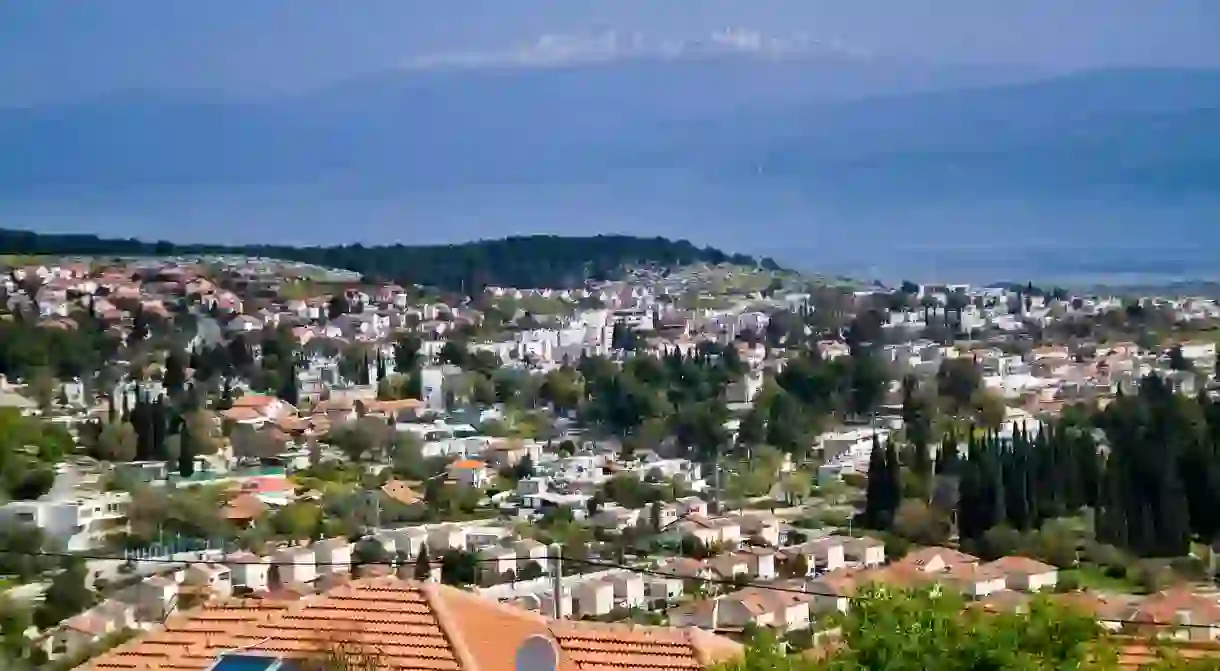3 Must-See Places for Art Lovers in Rosh Pina

Nestled on the slope of Mount Canaan – overlooking Israel‘s Hula Valley and the Golan – is the quaint town of Rosh Pina. Though it was founded in 1882 as an agrarian village, time eventually proved it had little profit in tilling. However, given its picturesque location and small-town tranquility, artists soon discovered that it was the ideal location for fostering creativity. Here are three places in Rosh Pina that art enthusiasts will love.
The Jerusalem Chimes
Architectural Landmark
When walking up David Shuv Street into Rosh Pina’s Historic Town, it is impossible to miss the behemoth wind chime perched in a colossal eucalyptus tree. This marks the entrance of the store, workshop and artist-in-residence quarters of the Jerusalem Chimes. This studio was the first in Rosh Pina and is still the only of its kind in Israel. The shop specializes in wind chimes, but it also has a variety of other wooden wind dancers, including ornamental stars of David, wooden ducks, messengers of universal love and peace in the form of candle holders and a pendulum crafted to create sand-etchings. In his neighboring studio, artist and owner Ofer Rubin is hard at work hand-making each item. “Each wind chime is tuned to a scale,” he explains. He crafts his wind chimes to serve various functions. The one on the G scale helps a restless sleeper; while the G sharp soothes a troubled mind. Rubin offers internships to fellow woodworkers.
Café Chocolatte
Cafe, Coffee Shop, Israeli
Inbar's Gallery
Art Gallery
In the midst of Rosh Pina’s Historic Town, behind the HaBaron Garden, is Inbar’s Pottery Gallery, where artist and owner Inbar Raski has catered to the aesthetically and functionally minded for 16 years. Her gallery hosts an array of ceramics: plates, personalized mugs, dishware and bird-shaped Hanukkiah (Hanukkah menorahs), to name a few. Everything in the gallery is made and painted by hand before baking in a kiln. Raski also offers classes to both adults and children. The classes are held in groups and last for two to three hours. Pupils are given the freedom to express themselves on the potter’s wheel, with paints and in clay. Best of all, two weeks after the course, Raski ships the finalized piece to its creator.













